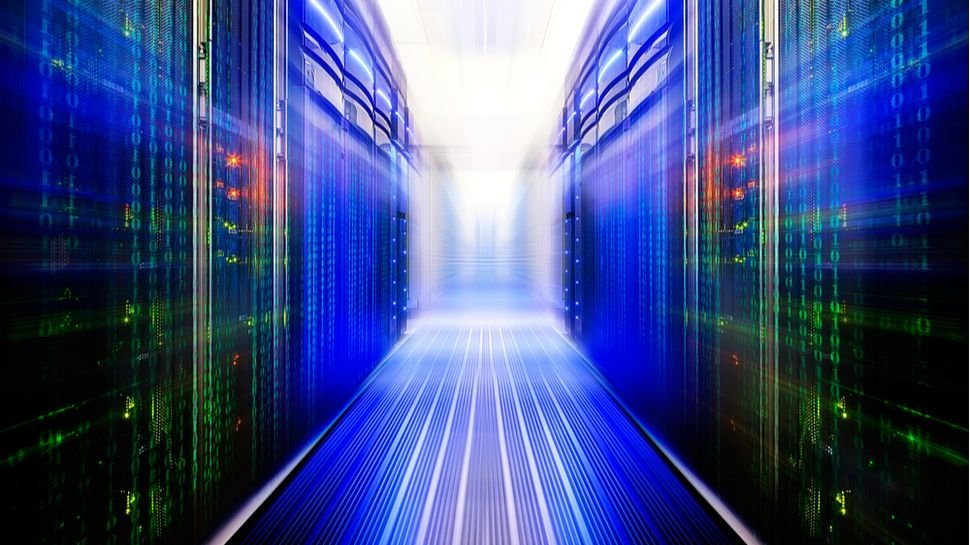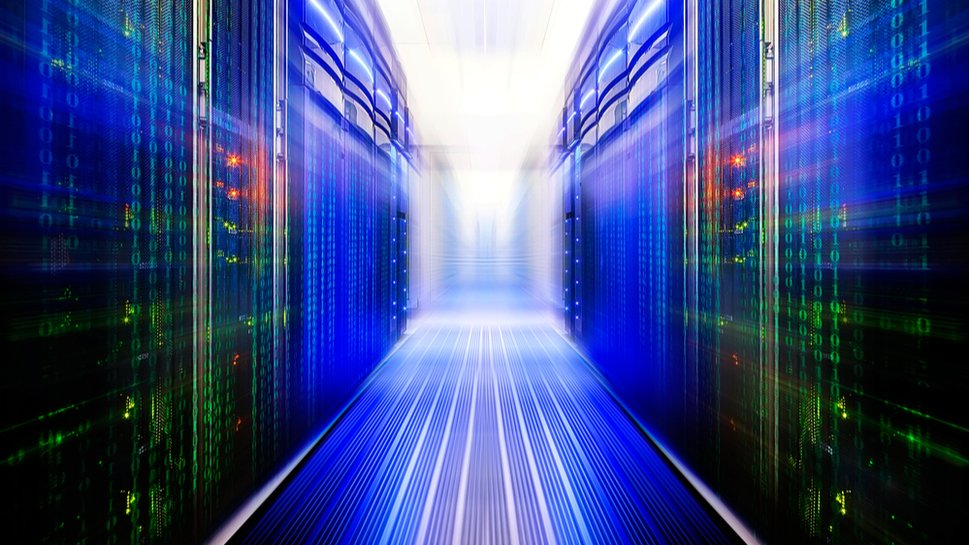

Several supercomputing institutions in China have reportedly built machines that have already crossed the historic exascale barrier in closed-door testing.
According to Next Platform, which claims to have the information on "exceptional authority", a machine at the National Supercomputing Center in Wuxi (called Sunway Oceanlite) recorded a maximum score of 1.3 exaFLOPS by the LINPACK benchmark as early as March this year.
Another system, the Tianhe-3, is said to have scored almost identical, but it is not known exactly when the tests were performed in this case.
Although little is known about the architecture of the Wuxi machine, the Tianhe-3 is known to be based on silicon from the Chinese company Phytium, powered by a matrix accelerator.
The exascal barrier
The record for the fastest supercomputer in the world is currently held by a Japanese machine, Fugaku. He snatched the crown in June 2020 with a score of 416 petaFLOP (or 0,416 exaFLOP), nearly three times the peak performance of the previous leader, IBM Summit.
Since then, the Fugaku lead has been expanded with the addition of an additional 330.000 cores, increasing performance to 442 petaFLOPS. However, if the reports are correct, Tianhe-3 and Sunway Oceanlite outperform the current leader by almost a factor of three.
The arrival of supercomputers at the exascale should open up many opportunities in various sectors. For example, this level of performance will accelerate discovery time in areas such as clinical medicine and genomics, which require large amounts of computing power to perform molecular modeling and genome sequencing.
Artificial intelligence (AI) is another interdisciplinary field that will transform with the advent of exascale computing. The ability to analyze ever-larger data sets will enhance the ability of AI models to make accurate predictions that could be applied in virtually any environment, from cybersecurity to e-commerce, manufacturing, logistics, banking, and more.
As the US and China battle for AI supremacy, the arrival of two exascale-capable systems in China before the US can launch its own exascale machine ("Frontier"), will be a kick in the teeth for China. the Biden administration, especially since they are built with Chinese silicon.
It's unclear why China didn't submit its machines to the biannual ranking of the 500 best supercomputers earlier this year, but the geopolitical climate almost certainly has something to do with it. The next edition of the ranking is expected to be published next month.
If you're looking for a powerful device for your desktop, check out our lists of the best desktops, best mobile desktops, and best video editing computers.